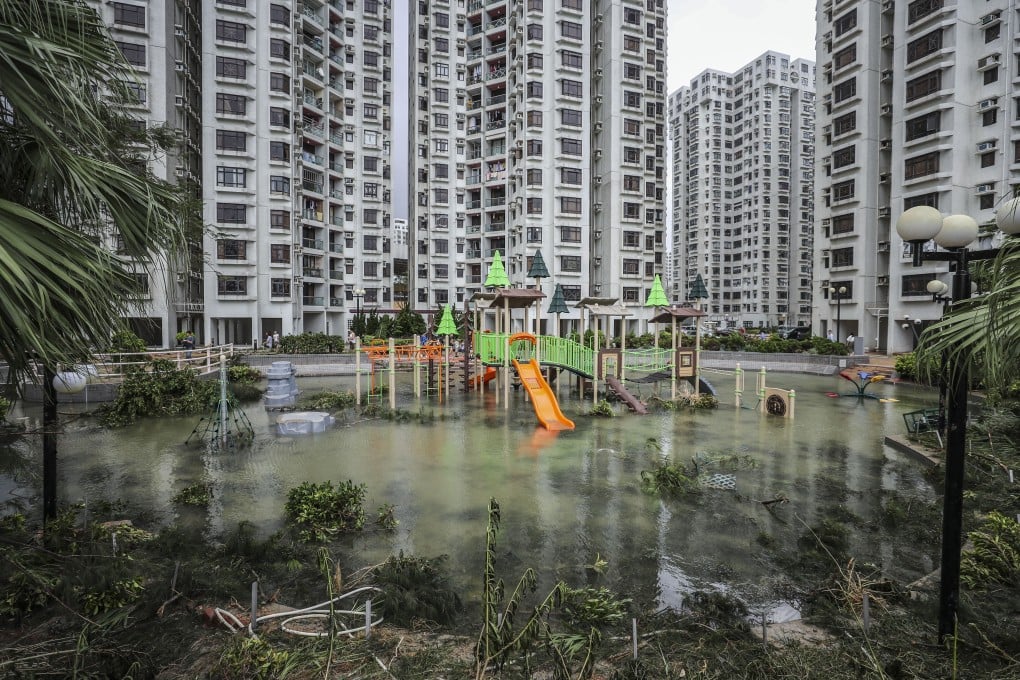Super typhoons, droughts and heatwaves: dire warning for Hong Kong as UN releases major report on climate crisis
- The city will suffer from extreme weather that overwhelms infrastructure if world fails to keep temperature rise under 2 degrees Celsius, scientists warn
- But Hong Kong can play a role in averting disaster by using its pool of capital to help shift carbon-spewing energy sources to renewable ones, experts say

The warning from local scientists came in response to a “code red for humanity” issued by the United Nations (UN) on Monday in a climate report that found humans had already pushed up global temperatures by about 1.1 degrees since the 19th century through burning coal, oil and gas.
Even if nations started sharply cutting emissions today, the world would still warm by an average of 1.5 degrees within the next 20 years, it said.
“The situation is pretty bad,” said City University Professor Johnny Chan Chung-leung, who was a review editor for the report’s chapter on extreme climate events. “Firstly, if we’re talking about tropical cyclones, the strongest will only become stronger. I would suggest the government look at the latest projected scenarios from the report and review whether Hong Kong’s infrastructure can cope.”
